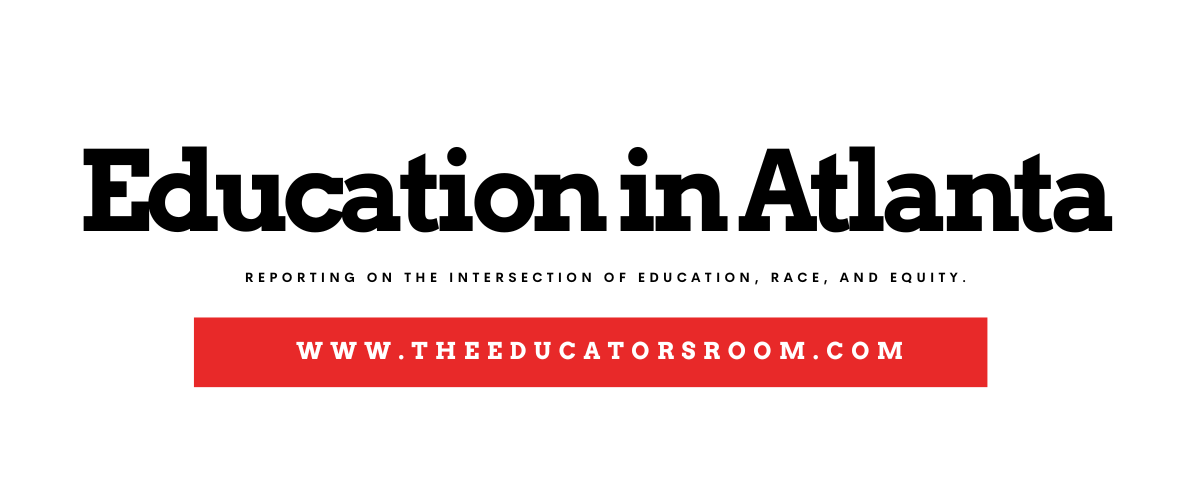This week, the Senate Joint Education and Youth and Higher Education Committees held their first meetings of this year’s legislative session. Topics discussed in the committee included an overview of current literacy programs and new teacher training on reading instruction and professional development.
Several education bills were also introduced in both the state House and Senate. These bills have been introduced in session and are currently in committee. Here are the highlights:
Senate Bill 32
SB 32, also known as “Alyssa’s Law,” is sponsored by Sen. Jason Anavitarte, R-Dallas. If passed, the bill would require public elementary & secondary school buildings to be equipped with silent panic alarms that notify law enforcement by July 1st, 2024.
Anavitarte intends the legislation to “ increase school safety and decrease the opportunity for domestic terrorists to falsely report school shooting incidents.” The bill is named for Marjory Stoneman Douglas High School shooting victim Alyssa Alhadeff and was spurred by a series of coordinated, false school shooting threats that occurred on Nov. 30, 2022. Similar legislation has been signed into law in Florida and New Jersey, with other versions of Alyssa’s Law pending in Arizona, Nebraska, Texas, and now Georgia.
“I am the father of three school-aged girls, and my wife is a school teacher. Their safety in the classroom depends on real-time coordination between teachers, administrators, first responders, and, God forbid, law enforcement,” said Sen. Anavitarte.
Senate Bill 38
SB 38 was sponsored by Sen. Randy Robertson, R-Cataula. The purpose of the bill is to allow county and municipal governments that enforce school speed limits to apply for permits to place speed limit detection devices that record images in school zones. Previously this fell to the school in that school zone.
House Bill 90
HB 90 was sponsored by Rep. Ron Stephens, R-Savannah. If passed, city and county governments and school boards with a base homestead exemption don’t need to give notice for property tax increases.
House Bill 81
HB 81 is sponsored by Rep. John Corbett, R-Lake Park. It sets forth criteria for low-wealth school systems to apply for capital outlay funding grants for facilities. These criteria are that the school system’s sales tax revenues or its property value must have ranked in the bottom 25% of local school systems within the last three years
School systems can submit a request for consideration, but if their request is accepted, they have to commit the equivalent of five years of such revenues for the project. When making decisions on which requests to accept, the department will consider the cost of the project, the school’s system’s ability to manage it on its own, and the needs of that school system. A school system could only receive this capital outlay grant once every ten years.
House Bill 87
HB 87 is sponsored by Rep. Chris Erwin, R-Homer. The bill is a follow-up to SB 153 from 2021, which required “system collaborative state charter schools” to transition to state special chartered schools and then to “alternative charter schools.”
This bill would affect three schools: Mountain Education Center, Coastal Plains Charter High School, and Foothills Education Charter High School. If passed, once their current charters run out, these charter schools will either choose to become nontraditional special schools or no longer be state-chartered special schools. Then, if these schools become nontraditional special schools, they will no longer operate as state-chartered special schools or receive funding through the state board of education.

